11 ‘Healthy’ Swaps That Aren’t
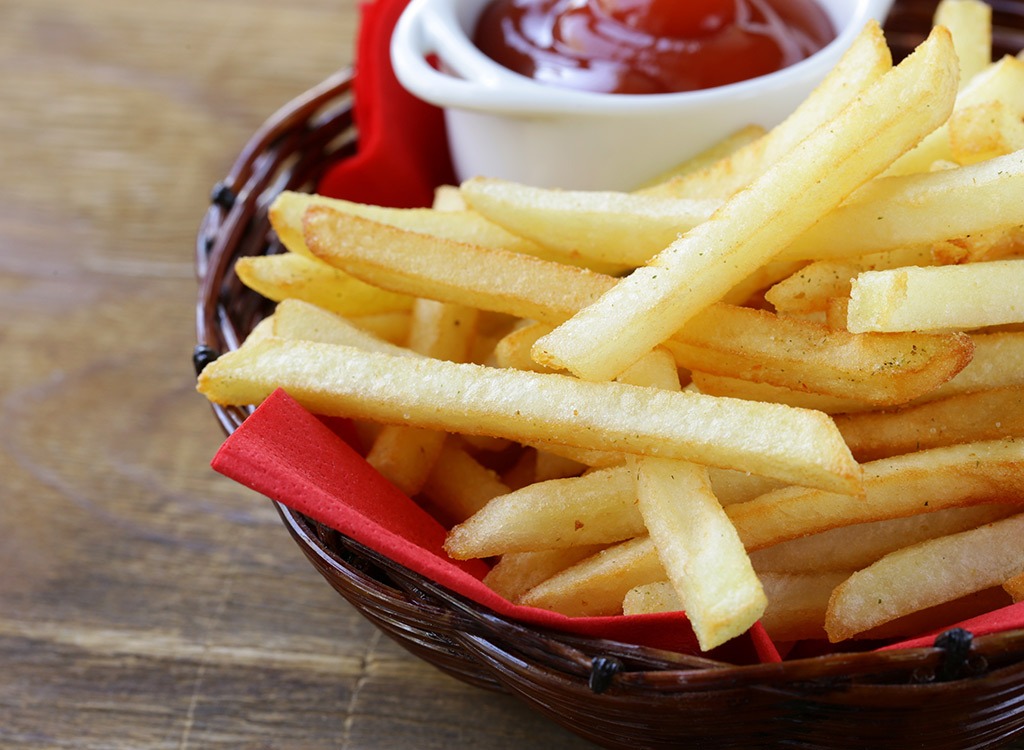
While many people kick these favorites to the curb, sometimes these ‘healthy’ swaps just aren’t worth it. See, the trouble with many ‘healthy’ substitutions is that they aren’t actually any better for you than the originals. What’s worse, they can often leave your taste buds and belly craving more, derailing even the most committed dieter!
To help you stay on track toward your better body goals, we’ve looked into some of the most common diet swaps and pinpointed the ones likely to do more harm than good. Kiss those bland trade-outs goodbye and enjoy adding some of your favorite, flavorful foods back to your plate!
Eat This: Traditional Desserts
Not That!: Gluten-Free Sweets
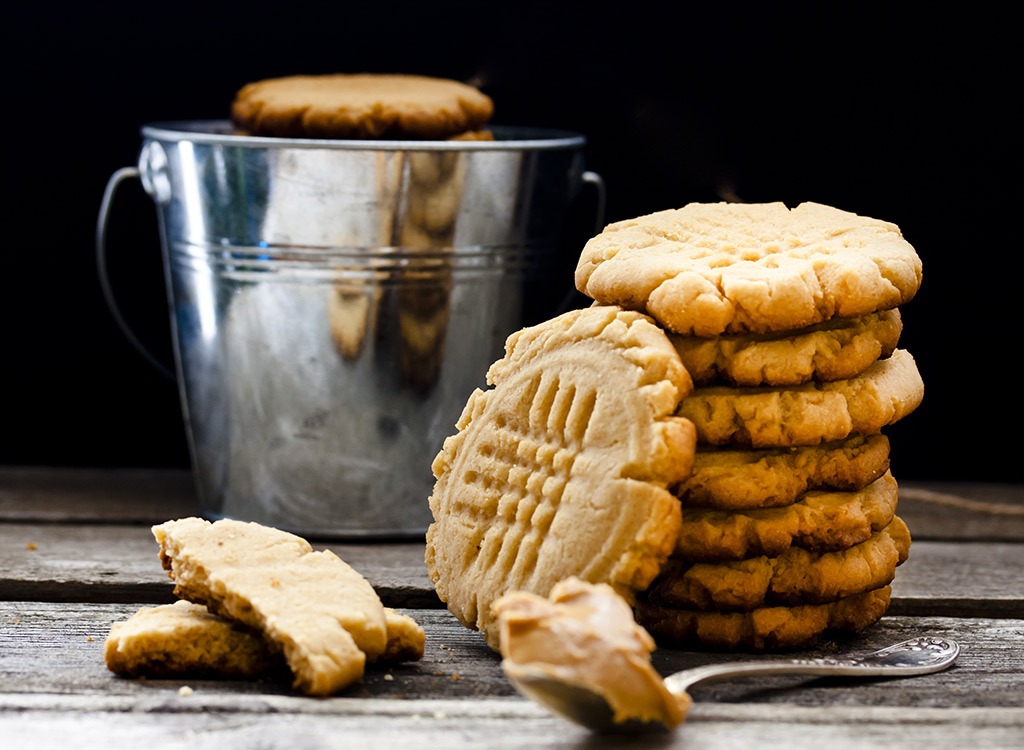
While going gluten-free is all the rage, a dessert is a dessert no matter how you slice it—and a gluten-free sweet isn’t necessarily better for you, despite the health halo. Ilyse Schapiro MS, RD agrees. “Just because something is gluten-free doesn’t mean it’s calorie- or fat-free,” she says. “In fact, many gluten-free products are higher in sugar and fat than their traditional counterparts.” If you suffer from Celiacs, that’s one thing, but eating gluten-free sweets will do little more than torture your taste buds if it isn’t a medically-driven dietary change. Most gluten-free cookies and cakes taste more like cardboard than indulgent treats.
Eat This: Traditional Bacon
Not That!: Turkey Bacon
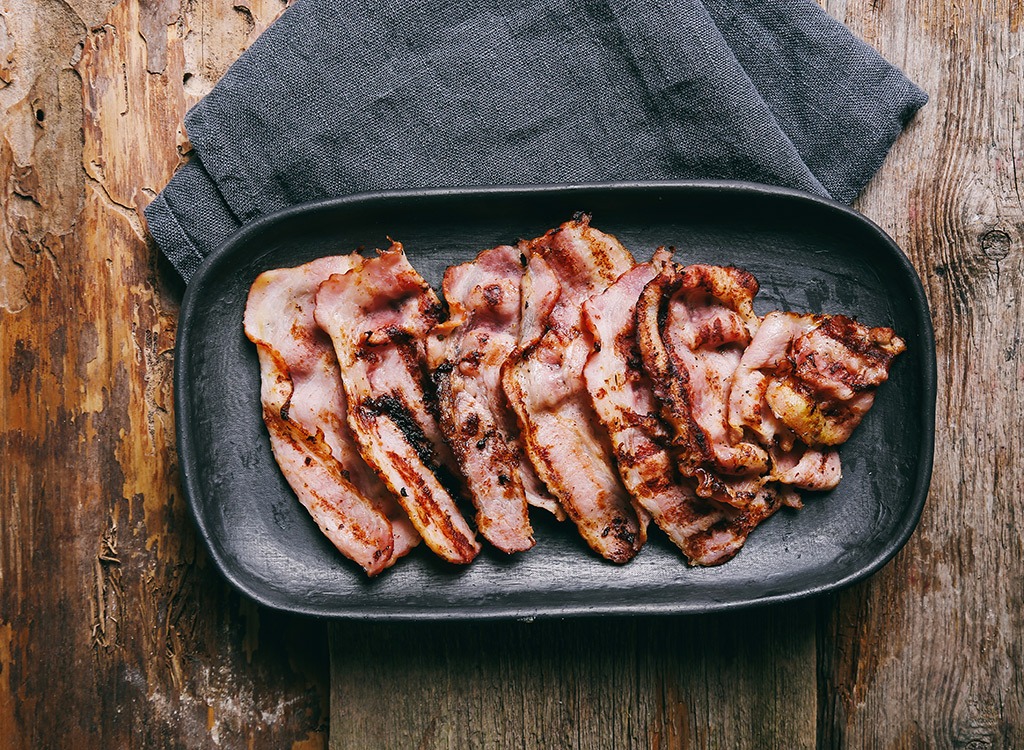
Thanks to the ever-growing Paleo trend, bacon is more popular than ever. While opting for the turkey variety in lieu of pork will save you about 13 calories and a gram of fat per slice, it will also add sodium to your plate—not great news if you have high blood pressure. Plus, pork offers more protein and heart-healthy monounsaturated fatty acids (MUFAS) than its poultry-based counterpart. Bear in mind that no matter which option you add to your breakfast plate, serving size matters, so don’t pig out.
Eat This: Potato Fries
Not That!: Fried Eggplant
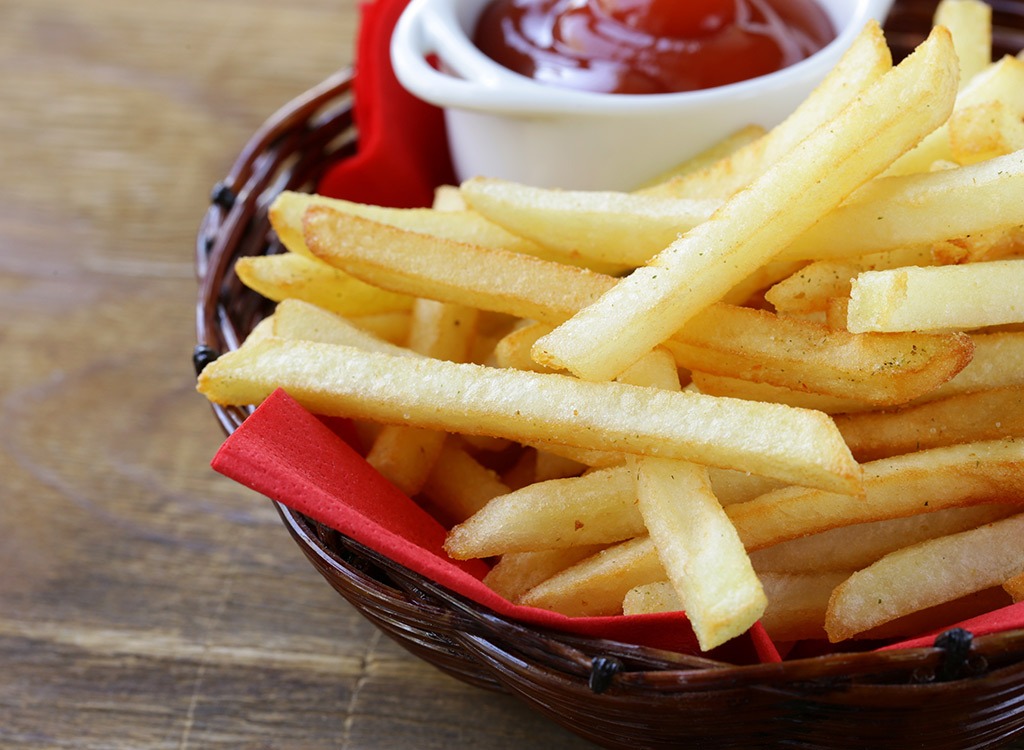
Although eggplant may seem like a healthier vehicle for your ketchup than starch-laden potatoes, thanks to its sponge-like texture, that isn’t the case. One study found that potatoes typically absorb 175 calories worth of oil during the cooking process, while eggplant sops up nearly two and a half times that amount! This translates to more fat on your plate and, subsequently, more flab on your frame. The choice here is clear: Stick with the spuds.
Eat This: Salad Dressing
Not That!: Lemon Juice
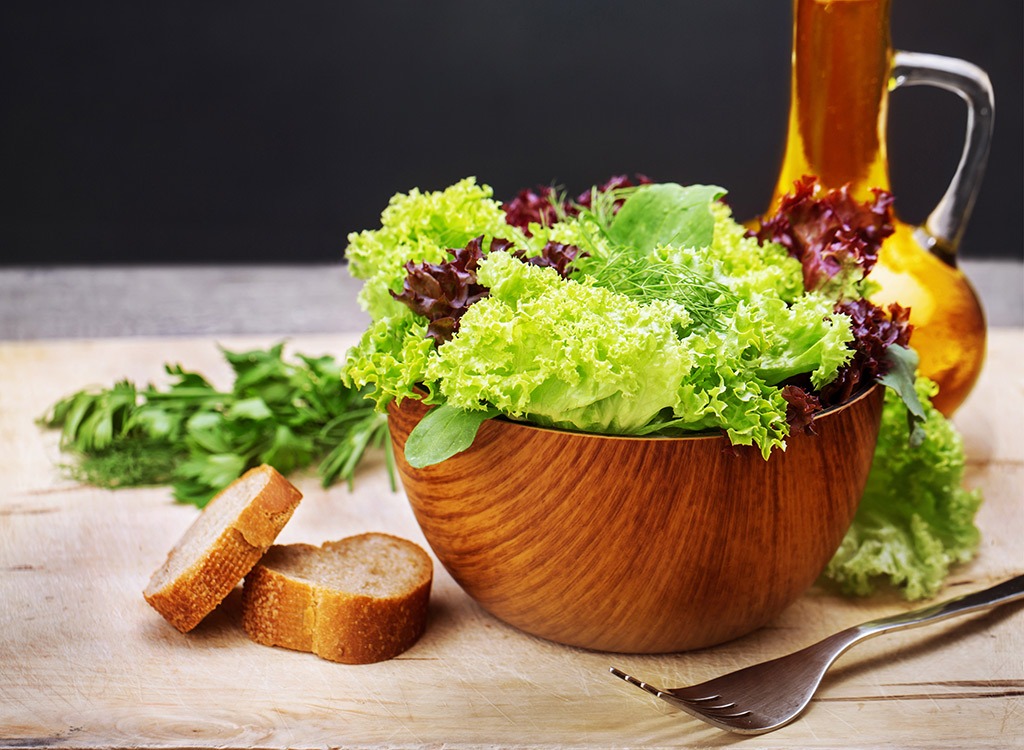
If you dress your salads with a squeeze of lemon and some pepper in an attempt to save calories, you may be missing out on some of the vital vitamins in your bowl. According to Iowa and Ohio State University researchers, pairing a little bit of fat with your veggies helps the body absorb cancer-fighting and heart-healthy nutrients like lycopene and beta-carotene. But that doesn’t give you an excuse to load up your salad with globs of dressing. Keep calories in check by sticking to two tablespoons of an olive-oil based dressing like Bolthouse Farms Classic Balsamic Olive Oil Vinaigrette, and be sure to steer clear of varieties that use soybean or vegetable oils. They don’t serve up the same health benefits.
Eat This: Whole Eggs
Not That!: Egg Whites
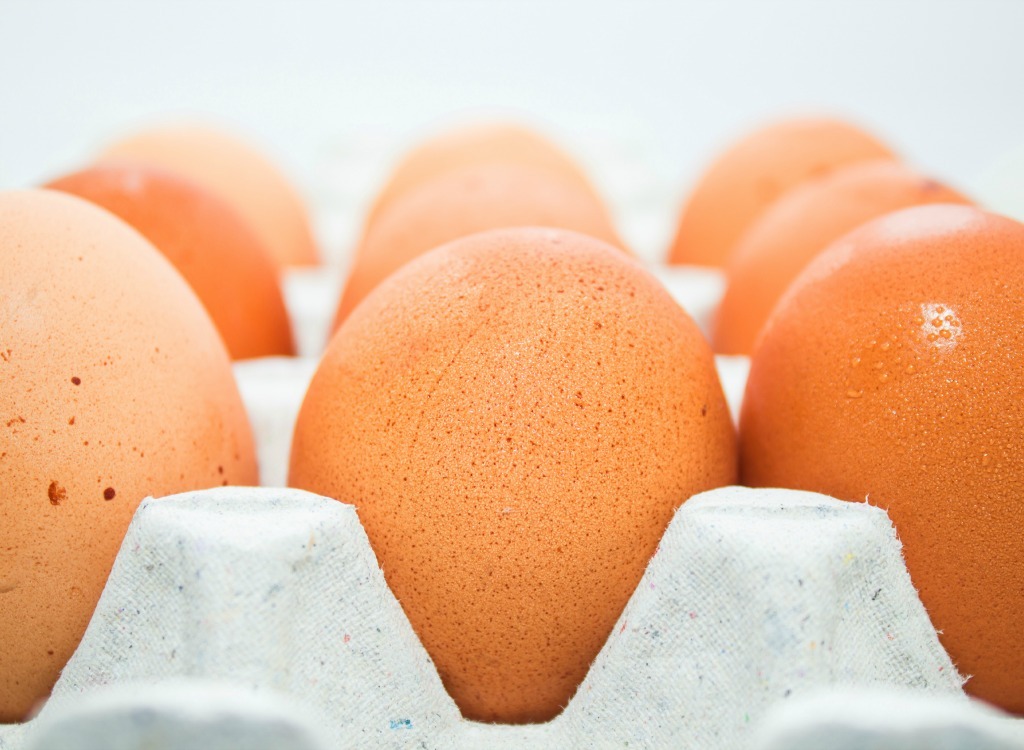
To eat the yolk or not to eat the yolk? That’s the age-old question! When it comes to eggs, the messages have been a bit scrambled. Lucky for you omelet lovers, the 2015 Dietary Guidelines Advisory Committee recently set the record straight when they dropped their longstanding recommendation to limit dietary cholesterol due to countless studies confirming that this variety has little effect on blood cholesterol levels—that means there’s no reason to shun the yolk. In fact, the yellow contains a fat-fighting nutrient called choline, so opting for whole eggs can actually help you trim down.
Eat This: Stick Butter
Not That!: Spray Butter
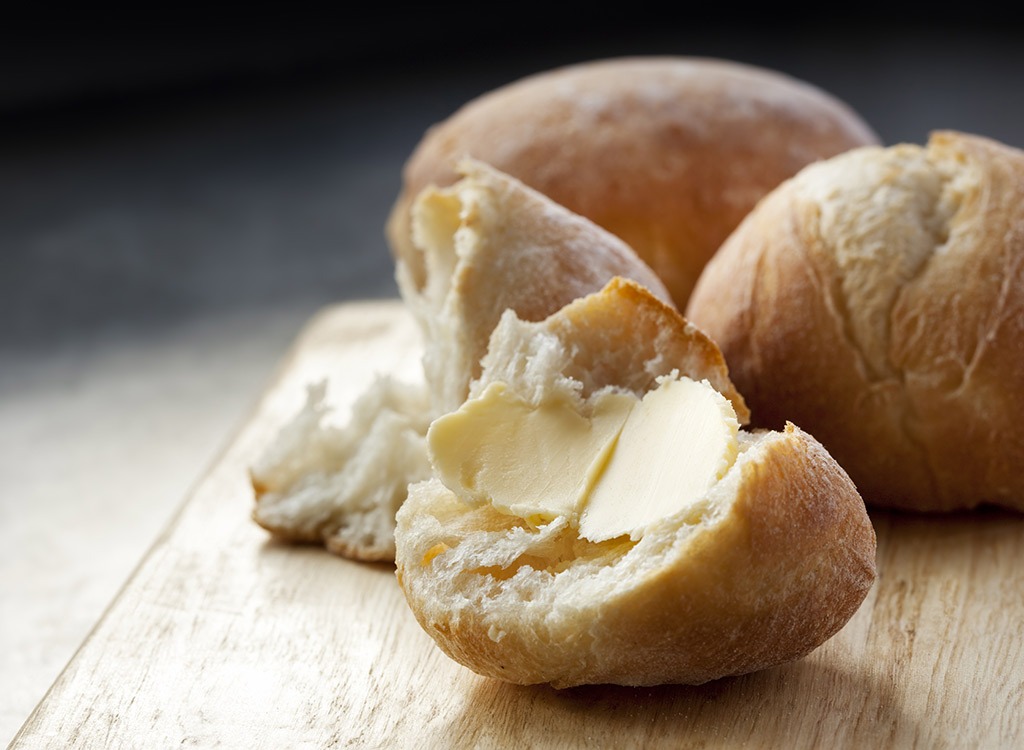
Sure it says “zero calories” on the bottle, but that claim only holds true for one measly spray. In reality, the average bottle of diet butter spray contains a whopping 904 calories and over 90 grams of fat. A stick of butter? It has about the same amount of fat, but it carries about 100 fewer calories. Not only is the butter the better choice calorically, it’s also the smarter pick for your overall health. Why? Many butter sprays contain EDTA, a chemical used to preserve foods’ color and flavor. Although the substance is approved by the FDA, it robs the body of nutrients and may cause digestive issues and weaken the immune system.
Eat This: Sandwiches
Not That!: Wraps
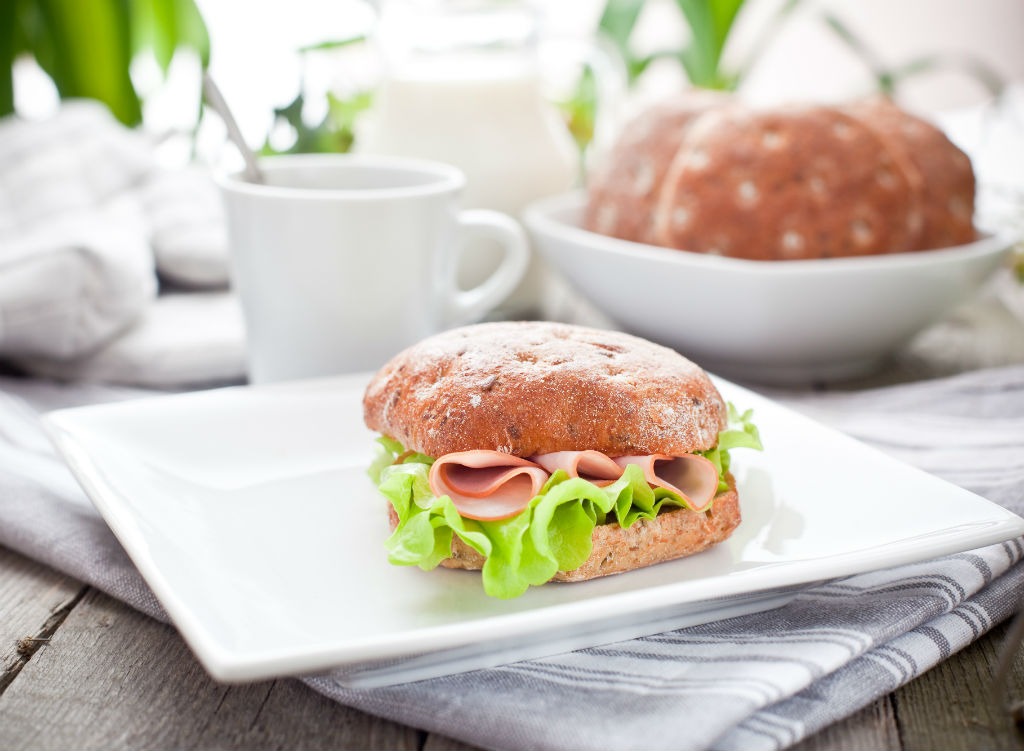
Assuming we’re talking about typical store-bought bread, the winner here is clear. While most slices top out around 100-calories, many wraps have two or three times that amount. Not to mention, in order for the tortilla to stay flexible manufactures add fat, often in the form of soybean oil and hydrogenated oils. Not sure which bread is the best bet for a flat belly? We like Nature’s Own Double Fiber Wheat Bread.
Eat This: Sugar
Not That!: Agave
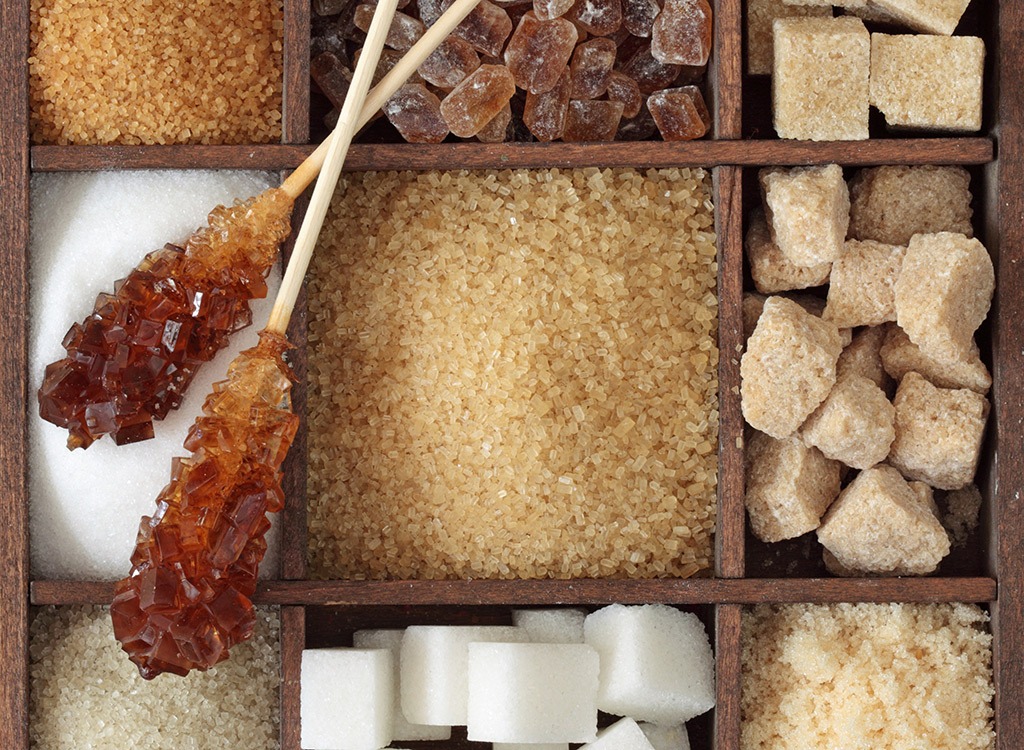
Yes, agave comes from a plant, but that doesn’t mean it’s healthy. In fact, it offers little nutritional value. Remember: This is the same plant from which tequila is made—another nutritionally-void product. “Although agave is gaining popularity in health-minded circles, it’s not any better than sugar and certainly isn’t exempt from restricted serving sizes suggested for other sweeteners,” explains Marisa Moore, MBA,RDN, LD. If you prefer the white stuff, you may as well stick with it.
Eat This: Regular Ice Cream
Not That!: Low-Fat Ice Cream

Warmer weather brings two things: bikinis and ice cream. When you’re trying to look good in the former, it may seem like a smart option to opt for light variety of the latter. However, many skinny ice creams have a dirty little secret lurking in their containers: propylene glycol, better known as antifreeze. If that wasn’t enough to convince you to put down your spoon, consider this: When fat is taken out of food, sugar is often added in its place. So while a small serving of full-fat ice cream will satisfy your craving and hunger with satiating fat, a sugar-spiked low-fat scoop will lead to an inevitable crash and more munchies.
Eat This: Regular Mayo
Not That!: Reduced-Fat Mayo
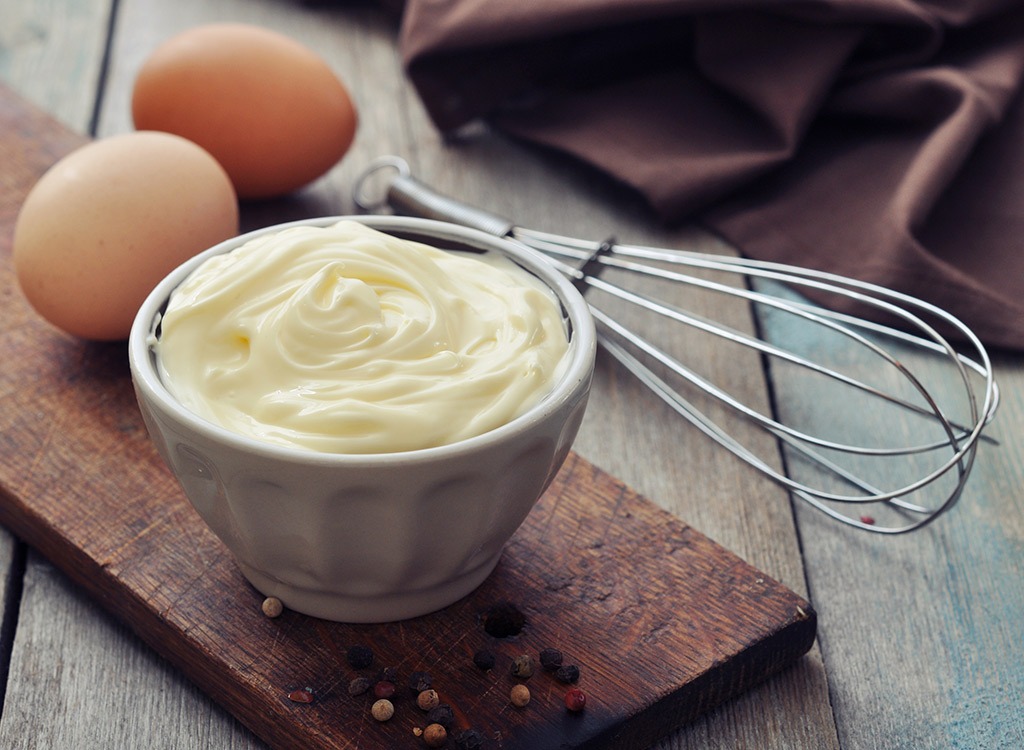
Low-fat mayo not only tastes a bit unappetizing, it’s also filled with unhealthy ingredients like added sugars, vegetable oils and artificial preservatives, explains Stephanie Middleberg, RD. “These ingredients have little nutritional value and decrease the body’s ability to absorb fat-soluble vitamins. Regularly eating things like low-fat mayo can lead to inflammation, GI issues, heart disease and increased cravings that lead to weight gain.” Stick with regular mayo and spread it on your sandwich sparingly.
A Note On Diet Soda
Sorry soda lovers, we’re not clearing regular or diet. Research shows that consuming just one daily can of soda—even diet—can up your odds of becoming overweight or obese. Think you can handle the truth about what your Diet Coke addiction is doing to you? Check out our 5 Surprising Reasons to Finally Give Up Soda.








